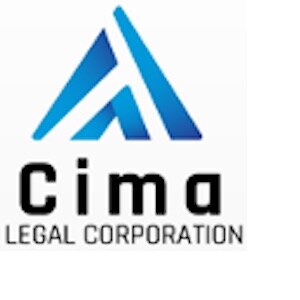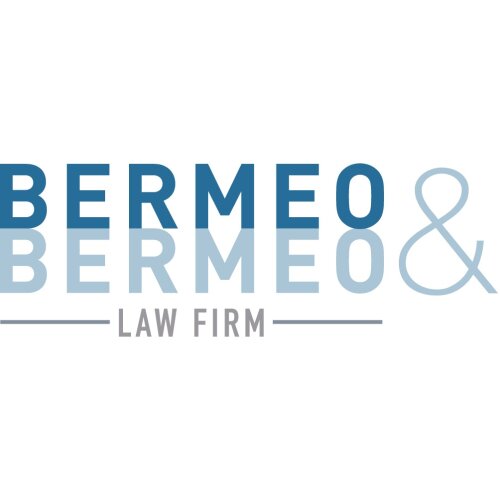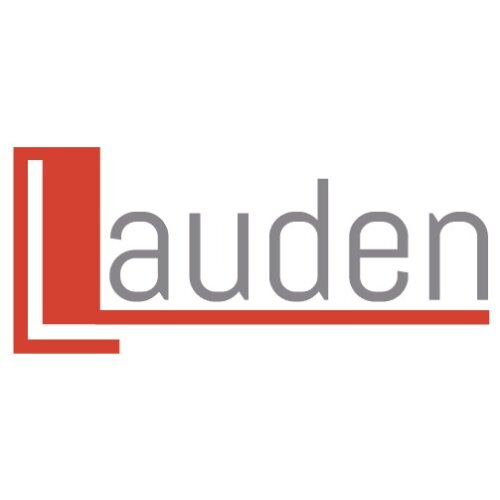Best Government Relations & Lobbying Lawyers in Quito
Share your needs with us, get contacted by law firms.
Free. Takes 2 min.
List of the best lawyers in Quito, Ecuador
About Government Relations & Lobbying Law in Quito, Ecuador
The field of Government Relations and Lobbying in Quito, Ecuador, involves the strategic management of interactions with governmental entities to influence legislation, regulation, and public policy. As Ecuador’s capital, Quito is the hub of political activity and decision-making, making it a critical location for lobbying efforts. Lobbyists in Quito work to represent the interests of various entities, including businesses, non-profits, and other organizations, ensuring their voices are heard by policymakers.
Why You May Need a Lawyer
Engaging a lawyer with expertise in Government Relations and Lobbying can be crucial in several scenarios:
- When navigating complex regulatory environments and seeking to influence legislative change.
- To ensure compliance with local lobbying laws and avoid legal pitfalls
- If you're a business looking to expand operations that may require government approval or partnership.
- When facing government inquiries or audits that might influence public policy.
- In situations where advocacy for specific public policies is necessary, but the internal team lacks the expertise.
Local Laws Overview
Government Relations and Lobbying in Quito are governed by a set of local and national laws designed to maintain transparency and fairness in interactions with public officials. Key aspects include:
- Registration requirements for lobbyists to ensure transparency and accountability.
- Regulations on gift giving to public officials to prevent bribery and undue influence.
- Restrictions on the timing and methods of lobbying activities, especially during election periods.
- Mandatory disclosure of lobbying activities and financial expenditures linked to influencing government branches.
Frequently Asked Questions
What constitutes lobbying in Quito, Ecuador?
Lobbying typically involves advocating for a specific outcome in legislation, regulation, or government policy within Quito's governmental framework.
Who needs to register as a lobbyist?
Individuals or entities engaged in efforts to influence public policy or government decisions, and who meet specific thresholds established by local laws, are required to register as lobbyists.
Are there any restrictions on former government officials engaging in lobbying?
Yes, there are often "cooling-off" periods during which former public officials are restricted from engaging in lobbying activities to prevent conflicts of interest.
What types of activities require disclosure under lobbying laws?
Activities that involve direct communication with government officials for the purpose of influencing legislation or policy need to be disclosed.
How can I ensure compliance with lobbying laws?
Engaging with a legal expert who understands the intricacies of Ecuador's lobbying laws will help ensure compliance through proper registration and disclosure.
Is lobbying regulated differently at the national and municipal levels?
Yes, while there are overarching national laws, local (municipal) regulations may impose additional requirements and these should be adhered to when operating in Quito.
Can non-profit organizations engage in lobbying?
Yes, non-profit organizations can engage in lobbying activities but must adhere to the same registration and disclosure requirements as other entities.
What penalties might be imposed for failing to comply with lobbying laws?
Penalties can include fines, restrictions on future lobbying activities, or legal action for severe breaches of law.
Are there any ethical considerations related to lobbying?
Yes, ethical lobbying involves transparency, honesty in communications, and respect for all legal constraints and societal norms.
How can lobbying positively impact my business or organization?
Effective lobbying can lead to favorable policy outcomes, influence regulatory changes that benefit your industry, and ensure your organization’s interests are represented at various government levels.
Additional Resources
For further assistance regarding Government Relations and Lobbying in Quito, consider these resources:
- The Ecuadorian Association of Lobbyists
- Chamber of Commerce for insights into business-government relations
- Legal publications and advisory services relating to Ecuadorian law
- Governmental websites for up-to-date information on regulations and policies
Next Steps
If you believe you need legal assistance with Government Relations and Lobbying in Quito, consider the following steps:
- Evaluate your specific needs and potential legal challenges.
- Seek out a qualified lawyer specializing in this legal area, preferably with experience in Ecuadorian law and lobbying practices.
- Prepare documentation and a clear outline of your advocacy goals or legal issues to discuss with your legal advisor.
- Stay informed about any changes in local laws and ensure all lobbying activities are in compliance with current regulations.
Lawzana helps you find the best lawyers and law firms in Quito through a curated and pre-screened list of qualified legal professionals. Our platform offers rankings and detailed profiles of attorneys and law firms, allowing you to compare based on practice areas, including Government Relations & Lobbying, experience, and client feedback.
Each profile includes a description of the firm's areas of practice, client reviews, team members and partners, year of establishment, spoken languages, office locations, contact information, social media presence, and any published articles or resources. Most firms on our platform speak English and are experienced in both local and international legal matters.
Get a quote from top-rated law firms in Quito, Ecuador — quickly, securely, and without unnecessary hassle.
Disclaimer:
The information provided on this page is for general informational purposes only and does not constitute legal advice. While we strive to ensure the accuracy and relevance of the content, legal information may change over time, and interpretations of the law can vary. You should always consult with a qualified legal professional for advice specific to your situation.
We disclaim all liability for actions taken or not taken based on the content of this page. If you believe any information is incorrect or outdated, please contact us, and we will review and update it where appropriate.















